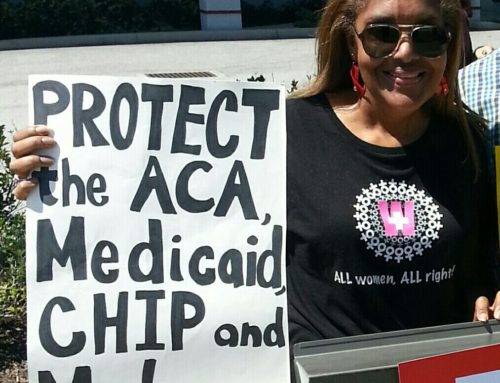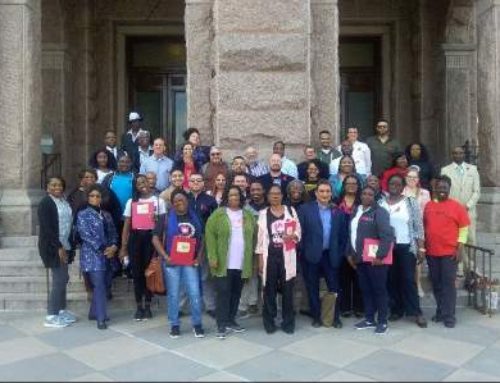By Acintia Wright
In the U.S., it was recently reported that about 50% of women living with HIV are not receiving medical care. In San Diego County, the statistic is higher — 69% of women living with HIV are not in care. This is an alarming rate of women who are not receiving the basic medical services.
Why is this happening? In San Diego, there are huge structural barriers that deter HIV-positive women from visiting the doctor or seeing a case manager. Situated close to the U.S. – Mexico border, women without documentation or questionable documentation fear their providers or clinic will report them to immigration, which leads to deportation. Deportation severely disrupts and harms a family’s well-being as women are often caretakers of children and dependant family members. We consistently see women prioritizing their family over themselves.
Transportation is another critical barrier to accessing any type of health service. It can take over an hour to drive from one side of San Diego County to the other. Women are often placed in subsidized housing or live in more remote areas due to housing costs. Unfortunately, their areas of residence are far from critical health service centers. In addition, recent immigration control efforts push women into their homes for fear of getting detained and deported. We are hearing more stories of immigration officials boarding public buses and trolleys demanding documents. Immigration officials will also follow mobile health units to assess who is getting services from these vans.
Lastly, stigma runs rampant in the community and with service providers. Without provider training, HIV prevention options, and capacity building for community organizations to understand and serve the needs of women, stigma will continue to thrive.
The time to take action is now! Funding for supportive services – such as transportation support, legal counsel, childcare, housing assistance, and translation – are being cut due to a shift in Ryan White dollars from social services to core medical services. This is causing a further increase in the number of women who are falling out of care. When San Diego’s leaders discussed the profound numbers of women out of care, the tables were ready to work with women’s advocates and PWN-USA San Diego to decrease the number of HIV-positive women that are out of care. Our voices will be heard!
Interested in getting involved? Contact me at acintia.wright@syhc.org







